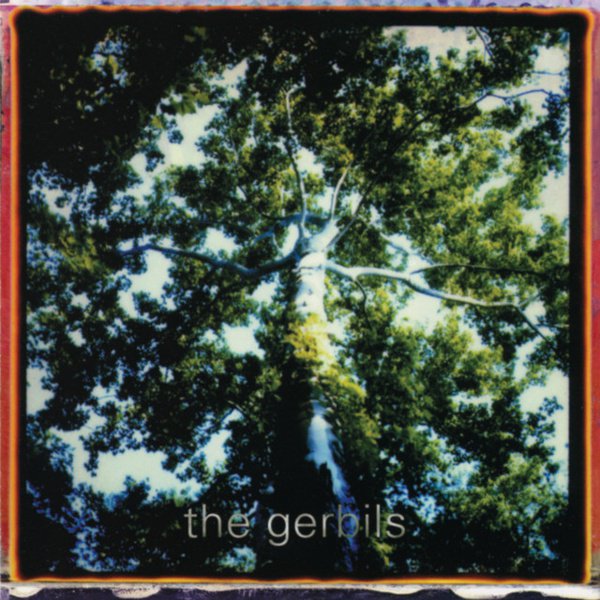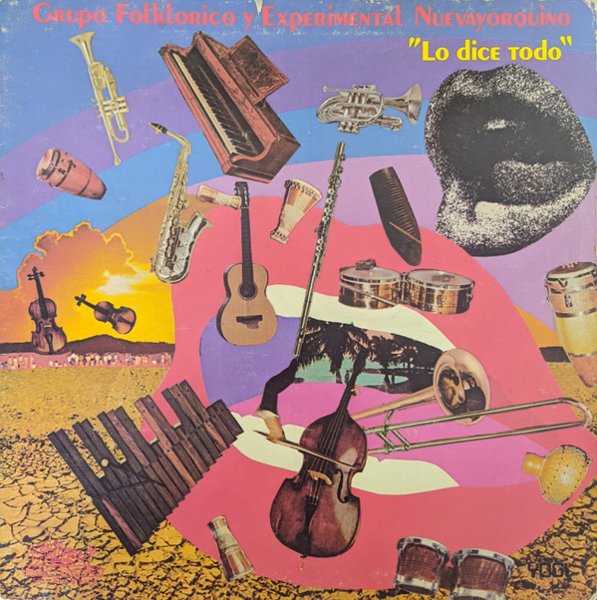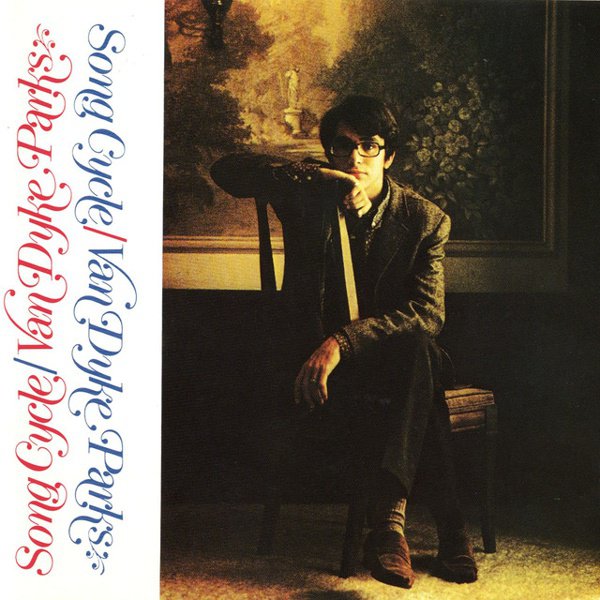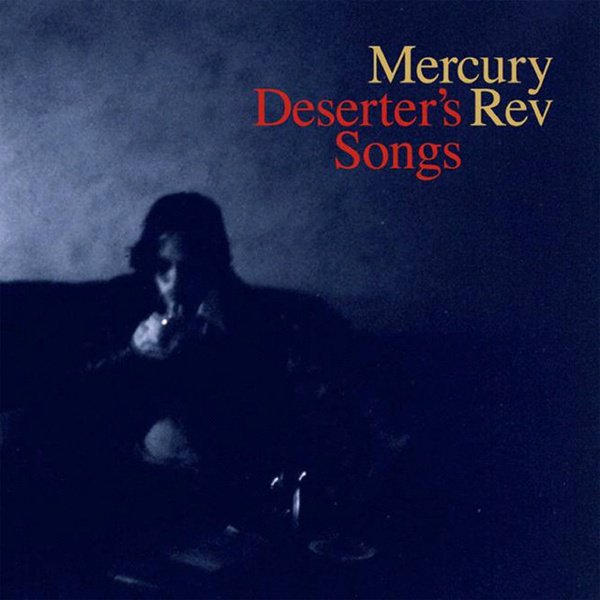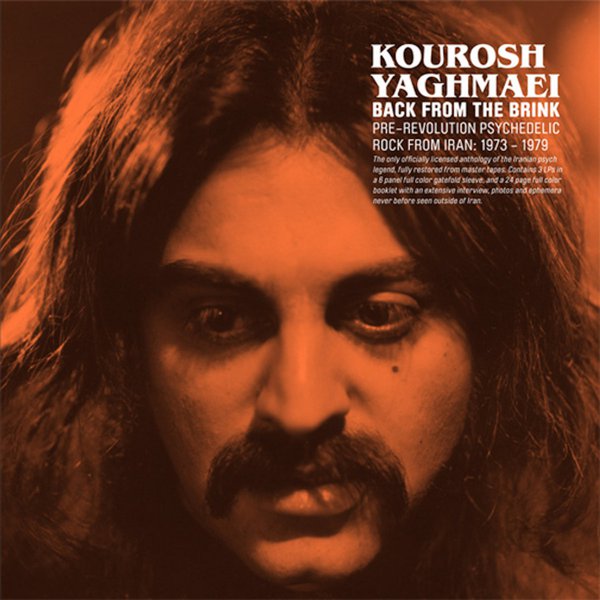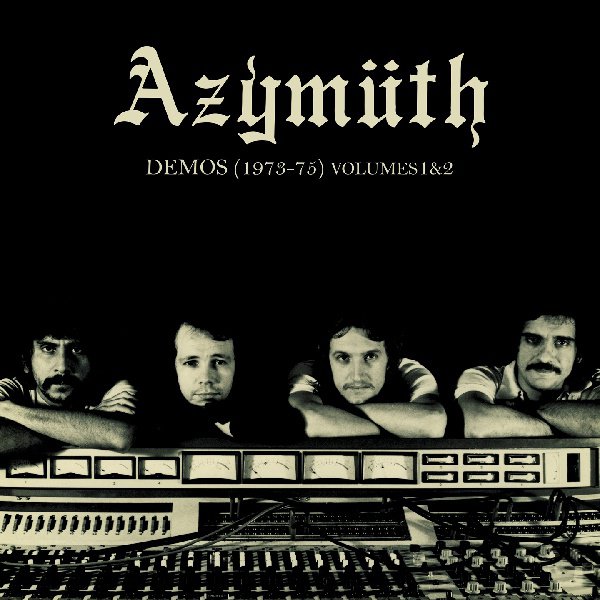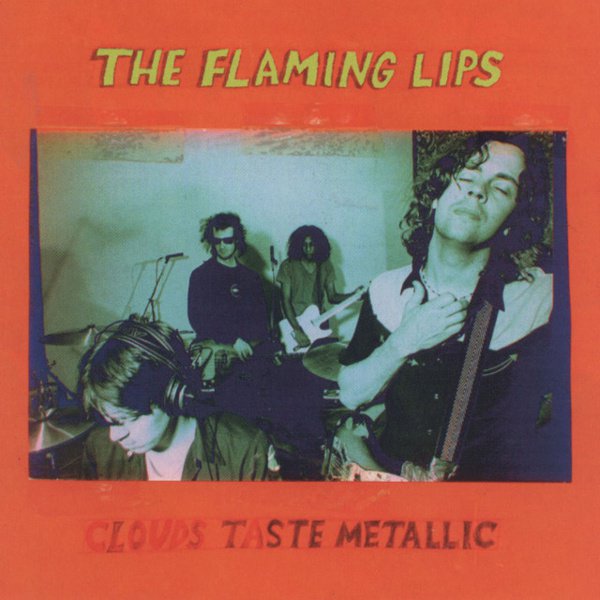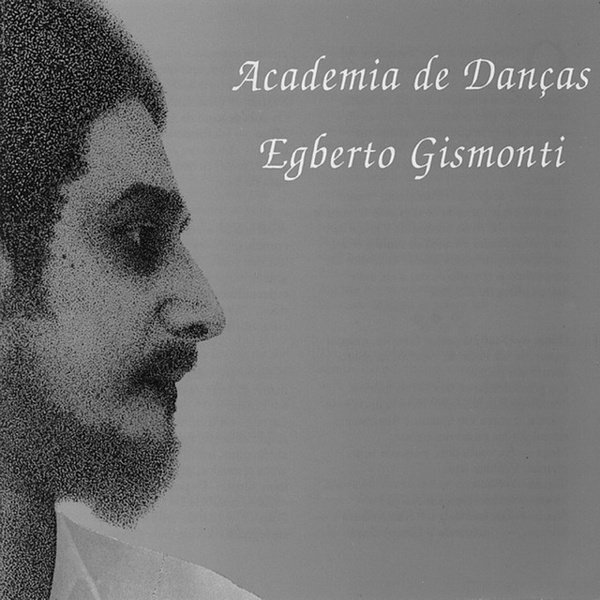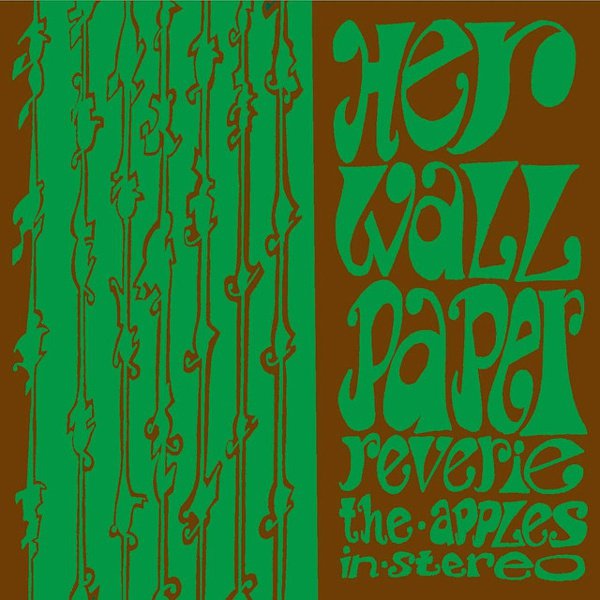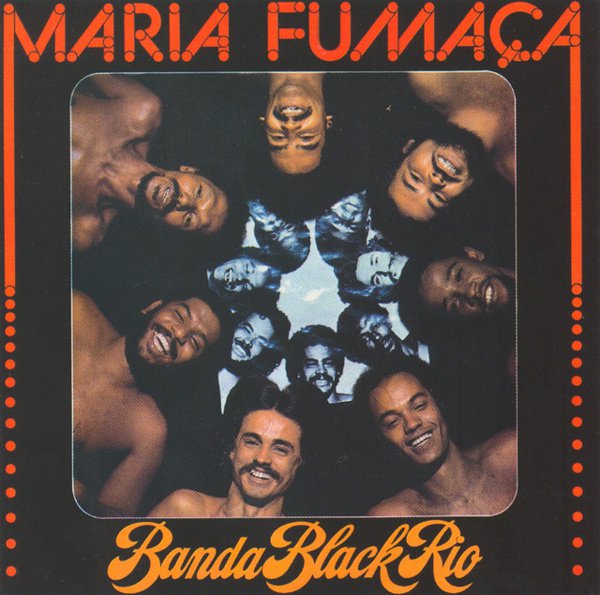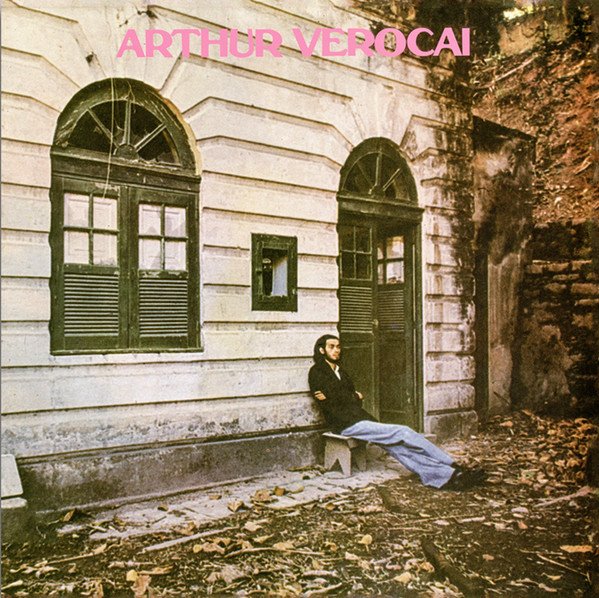
Recommended by
Arthur Verocai
As a songwriter, composer, and arranger, most of Arthur Verocai’s biggest successes in MPB were in the service of other artists’ projects; his contributions to the samba-meets-soul landscape of the late ‘60s through the early-mid ‘70s infused orchestrally extravagant psychedelic funkiness into classic albums by the likes of Jorge Ben, Gal Costa, and Tim Maia. But the one album he released during that period under his own name wound up eclipsing that already-impressive legacy — even it it took a few decades after it flopped. The deeper rep of Arthur Verocai rides off some remarkably efficient engineering genius (its 20-piece soundscape was recorded on only four tracks), not to mention an eclecticism that transliterated its MPB roots through a soul-jazz vibe that earned comparisons to visionary contemporaries like David Axelrod and Eumir Deodato. And while it started out as a reluctant nudge into the spotlight on the behest of his label Continental Records, Verocai’s insistence on making the album on his own terms resulted in an experiment that succeeded in every sense but the commercial. Many of these songs sound like they’ve always been standards, especially “Na Boca Do Sol,” where emphatic horns add a brassy jolt to the wistful glide of a coming-of-age ballad about being wistful for a small town you nonetheless had to leave. “Sylvia” provides another key highlight, ascending from a pensive acoustic-guitar samba to an increasingly symphonic-yet-jazzy wave of lush breeziness. But it’s also worth indulging in the strangeness that puzzled the circa-‘72 Brazilian record-buying public and cemented its appeal a generation later. Bookends “Caboclo” and “Karina (Domingo No Grajaú)” represent separate poles of Verocai’s uncompromising diversity; the opener’s MPB-via-countrypolitan rusticism is given an otherworldly warmth with fluttering primitive synth and his only solo vocal performance, while the closer’s elaborate, solo-showcasing prog-jazz jam features a fantastic Verocai guitar performance and an even more astonishing run from trombonist Edson Maciel. Some of the album’s cult appeal stems from its mid ‘00s beatmaker buzz, manifested early in a couple of MF DOOM’s Metal Fingers beats and sustained through the next couple decades’ worth of abstract hip-hop beats. But the album more than stands on its own; the cratediggers just confirmed what anyone can hear now that they don’t have to pay $2,000 for it on eBay.

